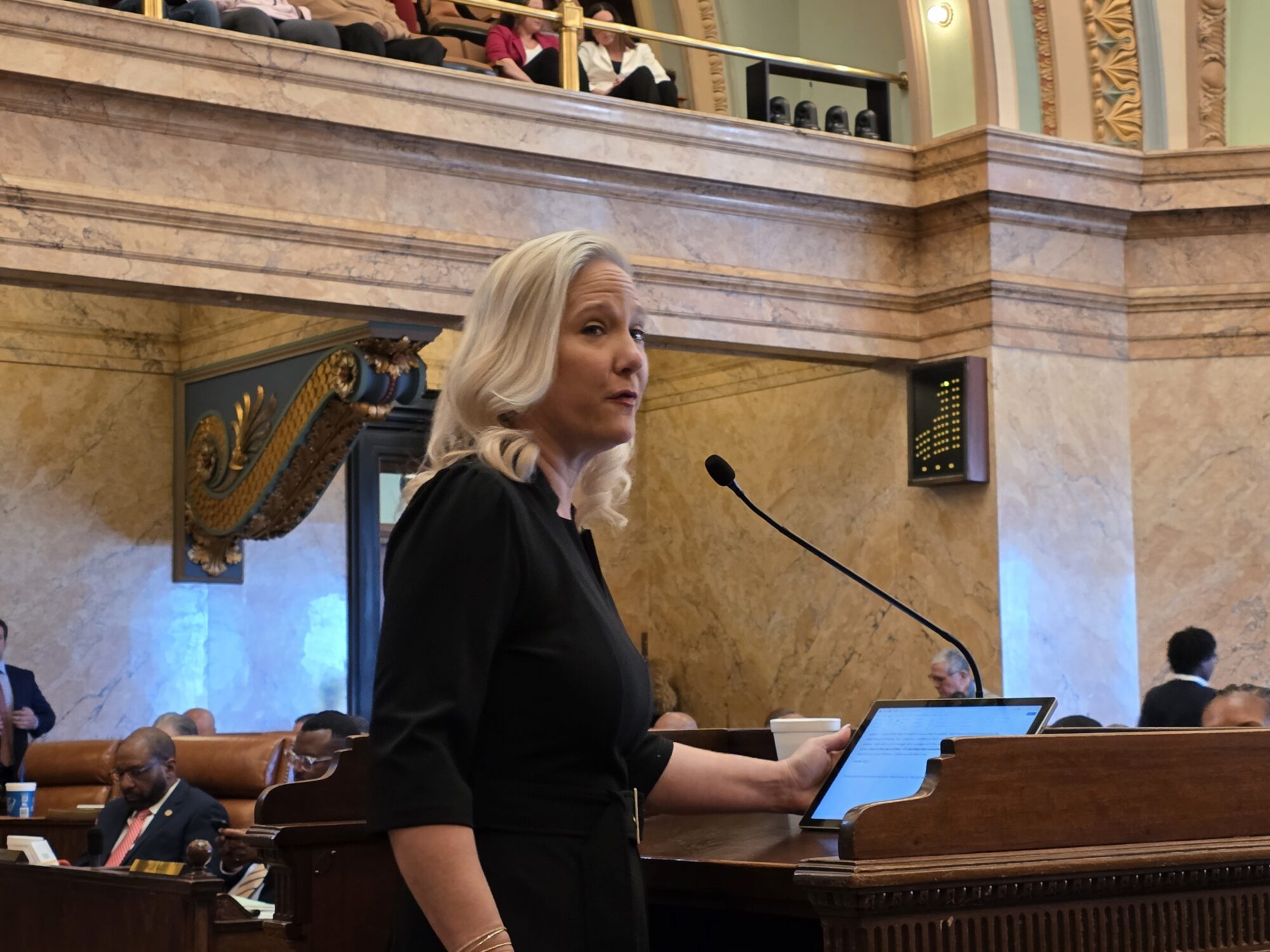From The New York Times, no less:
Democrats have no shortage of talented foreign-policy practitioners. Indeed, they have no shortage of worthwhile foreign-policy proposals. Even so, they cannot tell a coherent story about the post-9/11 world. And they cannot do so, in large part, because they have not found their usable past. Such stories, after all, are not born in focus groups; they are less invented than inherited. Before Democrats can conquer their ideological weakness, they must first conquer their ideological amnesia.
Consider George W. Bush’s story: America represents good in an epic struggle against evil. Liberals, this story goes, try to undermine that moral clarity, reining in American power and sapping our faith in ourselves. But a visionary president will not be constrained, and he wields American might with relentless force, until the walls of oppression crumble and the darkest region on earth is set free.
If this sounds familiar, it should. It was Ronald Reagan’s story as well. To a remarkable degree, the right’s post-9/11 vision relies on a grand analogy: Bush is Reagan, Tony Blair is Margaret Thatcher, the “axis of evil” is the “evil empire,” the truculent French are the truculent French. The most influential conservative foreign-policy essay of the 1990’s, written by the Weekly Standard editor William Kristol and Robert Kagan of the Carnegie Endowment, was titled “Toward a Neo-Reaganite Foreign Policy.” And since 9/11, most conservatives have seen Bush as Reaganesque. His adherence to a script conservatives know by heart helps explain their devotion, which held fast through the 2004 election, and has only recently begun to flag, as that script veers more and more disastrously from the real world.
Liberals don’t have a script because they don’t have a Reagan. Since Vietnam, they’ve produced two presidents: Jimmy Carter and Bill Clinton. Carter’s foreign policy is widely considered a failure. Clinton’s foreign policy is not widely considered at all, because he governed at a time when foreign policy was for the most part peripheral to American politics. Ask liberals to describe a Carteresque foreign policy, and they tend to wince. Ask them to describe a Clintonesque one, and you’ll most likely get a blank stare.







